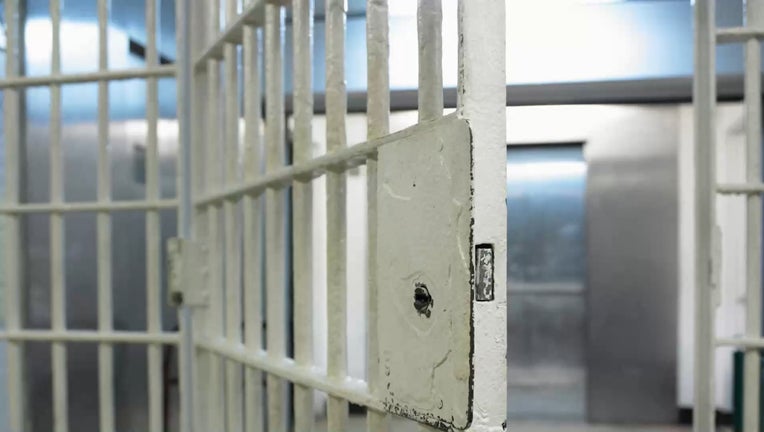California can’t lock up people for months after they have been found mentally incompetent: court

SAN FRANCISCO - California can’t lock up people for months in jails after they have been found mentally incompetent to stand trial, a state appeals court said.
In a 3-0 ruling Tuesday, a panel of the First District Court of Appeal upheld a 2019 lower court order that gave the state a 28-day deadline for placing defendants in state mental hospitals or other treatment facilities after they were found incompetent to stand trial because of psychological or intellectual disabilities.
The appellate court also included people charged with certain felony sex offenses, rejecting an exception carved out in the earlier Alameda County ruling.
The previous ruling had set a phase-in period that ends next year.
State law says people facing criminal charges but who are judged incompetent to face trial can be ordered committed for treatment to help them become capable of understanding trial proceedings.
Two years before the 2019 time limit was enacted, defendants waited 86 days on average after a judge issued the transfer order to get into a hospital, according to the appellate court.
California has "systematically violated the due-process rights" of these defendants by keeping them for longer periods in jails where they may suffer further problems because of crowding, violence and a lack of treatment, Presiding Justice J. Anthony Kline said in the ruling.
The decision involved a 2015 lawsuit filed against the state Department of State Hospitals and Department of Developmental Services on behalf of five relatives of defendants who were found incompetent to stand trial.
Due to lack of space, about 4,000 people each year who are declared incompetent to stand trial are placed on a waitlist for admission to facilities administered by those departments, and the list for admission to state hospitals alone soared to more than 1,600 people during the COVID-19 pandemic, an increase of 500% since 2013, according to the American Civil Liberties Union, which took part in the lawsuit.
The ACLU has urged use of community treatment centers to help ease the hospital bed shortage.
"The court recognized that California cannot continue to warehouse people in jail for months at a time while it denies them both their right to a trial and the mental health treatment they need to become competent to have a trial," Michael Risher, counsel for the ACLU Foundation of Northern California, said in a statement.
"This ruling is a step in the right direction, and our family is very grateful," said Stephanie Stiavetti, a plaintiff who said her brother was abused in jail during weeks of delay before his transfer.
"The state needs to recognize that there are far too many mental health patients suffering in jails, lost in a system that is rife with abuse and ill-prepared to care for them," she said in a statement. "Immediate legislation is needed to ensure that people with mental health disorders receive treatment promptly and outside of the jail system."
The Department of State Hospitals told the San Francisco Chronicle that it was reviewing the ruling.

